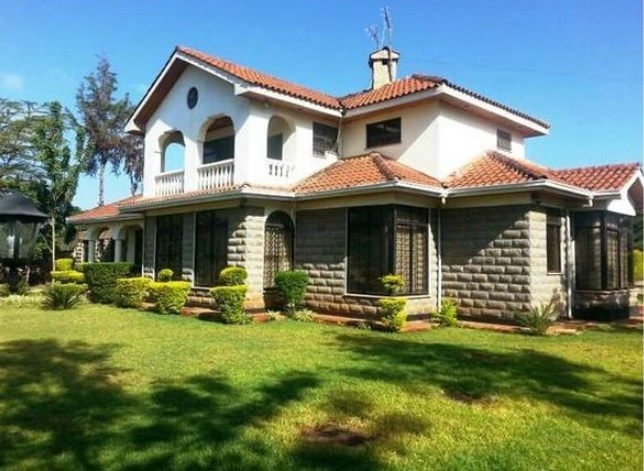Can anyone buy property in Kenya? Can you as a Kenyan buy when you are non-resident? Can a foreigner invest in Kenyan property?
The short answer to all is, Yes!
Kenyan citizens can purchase any landed asset within the borders of Kenya. Want a plot? You can get it. Want a house? You can get it. Want an office block? You can get it. Any Kenyan can get it.
It’s different for foreigners.
- Foreigners can buy commercial and residential properties – vacant or built up – located within a town or municipality without any restrictions whatsoever, provided that they comply with the laid down procedures.
- The only restrictions are on owning agricultural land, freehold titles and first row beach plots along the Kenyan Coast.
Legislation
The Land Control Act Cap 302 (Revised Edition 2012)>> and the Land Registration Act>> regulate transactions on agricultural land. The Land Act 2012>> regulates transactions where the property being purchased will be charged to a Bank.

Did you know?
Foreigners or privately owned companies whose shareholders are not all Kenyan citizens are not allowed to buy or own agricultural land. If there is a Presidential exemption to this – as is the case for Foreign Direct Investors (FDIs) – then this will be notified to all via a publication in the Kenya Gazette.
This is why most foreign investors automatically apply for such exemption when purchasing agricultural land for large scale investment. It is also a back-door route that Government should look at, to remedy situations where foreign investors do not come through with their corporate promises of large scale agricultural projects. Were their initial intentions of food security and employment genuine?
The Kenyan Constitution (Article 65)
Article 65 of the Kenyan Constitution limits foreigners to holding only leasehold titles for a maximum period of 99 years. It allows them to obtain future lease renewals on condition that the subject property held under that title is economically active and it is not required for public use purposes.
This part of the Constitution was quite controversial as Kenya had a number of Multinational Corporates (MNCs) that owned vast tracts of freehold land under coffee, tea, flowers and so on. The ruling was that the freehold title or leasehold title of 999 years would all now revert to leasehold title of 99 years maximum.
This part of the Constitution that capped leasehold properties to 99 years, unfortunately led to several Kenyan landowners and resident foreigners being disenfranchised and separated from prime portions of their prime properties, when applying for lease renewals from local authorities. In some cases it was cut up, pay up, or else. The process of renewing a 99-year lease is painful enough without this kind of cardiac-arrest-inducing pressure.
To renew a 99 year lease, start the process 7 (seven) years before expiry.

Part 3. What to expect when buying property? >>
